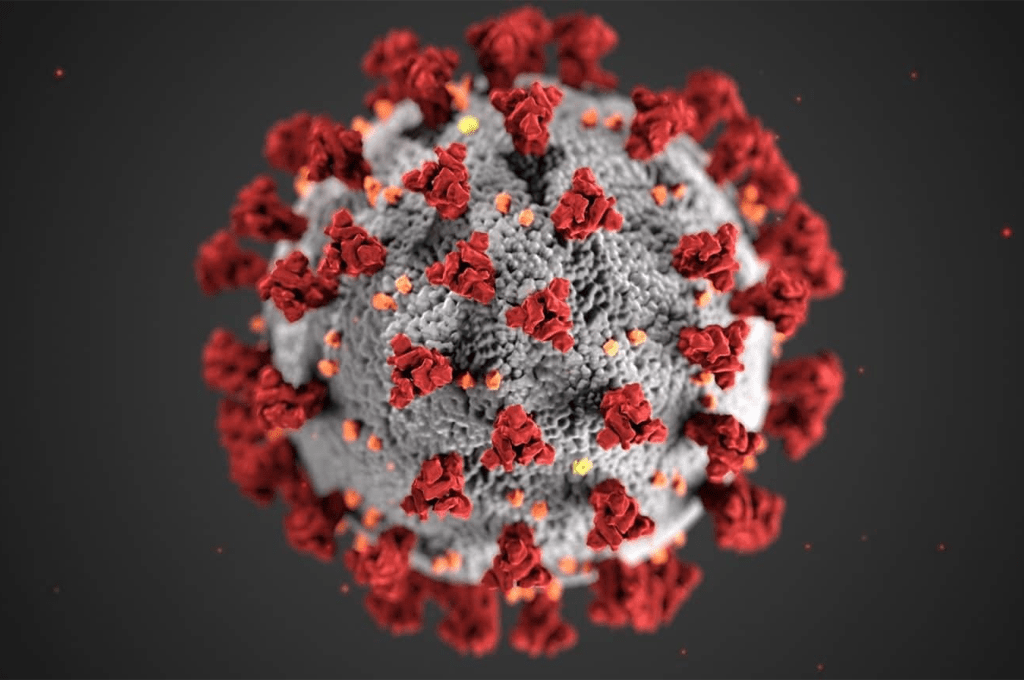Collaboration between SciLifeLab and Karolinska University Hospital leads to breakthrough for improved treatment of leukemia
Researchers at SciLifeLab has together with research physicians at Karolinska University Hospital and scientists at Heidelberg University identified a key player determining response to cytarabine – the most important drug against acute myelogenous leukemia. The results were presented in Nature Medicine.
Approximately 350 000 people are diagnosed with acute myelogenous leukaemia (AML) every year worldwide. Five years after the diagnosis only 25% of these patients are alive. Twenty-two years ago, a moderate increase of survival was achieved by using high doses of cytarabine. Even though it is clear that therapy failure is often due to incomplete response to cytarabine, the mechanism behind cytarabine resistance has largely been unknown.
Research physicians under Jan-Inge Henter’s supervision at Karolinska University Hospital together with scientists from Thomas Helleday’s group at Karolinska Institutet/SciLifeLab, colleagues at Chemical Biology Consortium Sweden (CBCS) at SciLifeLab and co-workers at Heidelberg University have now shown that the protein SAMHD1 was the missing piece in the puzzle. They demonstrated that SAMHD1 reduces the effect of cytarabine in leukemia cells. Furthermore, their analysis of approximately 300 patients clearly showed that leukemia cells with lower levels of SAMHD1 responded better to cytarabine treatment. Finally, they could make leukemia cells more sensitive to cytarabine by blocking the protein SAMHD1.
“The results are of major relevance to understand the pharmacology of cytarabine in leukemia better,” said Nikolas Herold at Karolinska University Hospital/Astrid Lindgren Children’s Hospital. “In addition, they have direct implications for a possible improved therapy by combining cytarabine with blockers of SAMHD1 function.”




